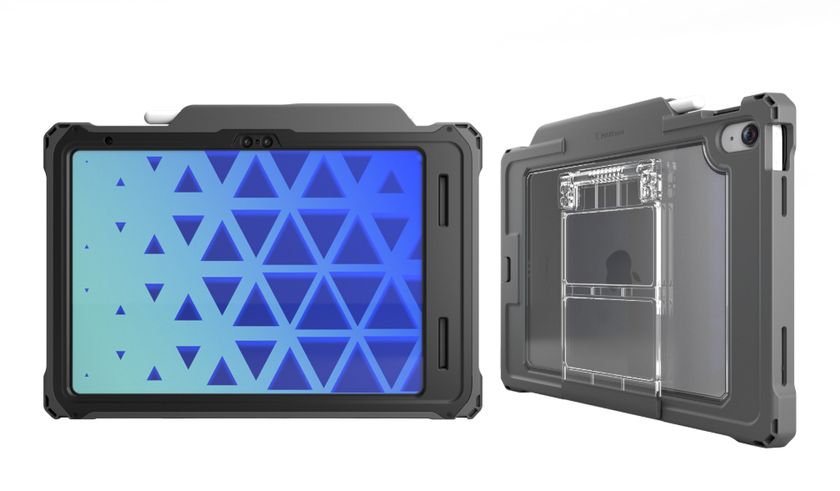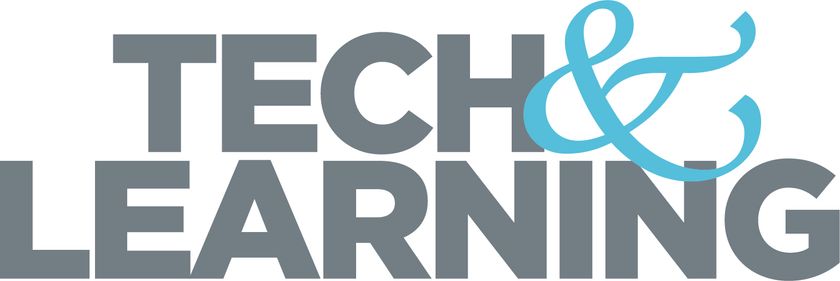Making Service Transitions Simple with Planning and Dedication
INNOVATIVE LEADER AWARD - Creating smooth technological transitions with careful planning and steadfast knowledge of your educational needs.

The services that your school uses may, for whatever reason, need to change in the future. When these changes occur, the resulting outcome might be jarring if done hastily or discombobulating if done without adequate planning. It helps to have a strategy in place when looking to make an important change in the technology implemented in a school.
We speak with Travis McGuire, Assistant Superintendent for Learned Resources for Community High School District 99 in Illinois, about his efforts in implementing a new student information system, the planning and coordination that went into it, the pain points to be dealt with, and the method that led to a successful transition.
McGuire was recently recognized as Most Innovative Superintendent at a Tech & Learning Regional Leadership Summit with an Innovative Leader Award.
Time is On Your Side
One of the greatest assets you can have as an educational decision maker is time. Knowing how much time you have to introduce a change to a school or district environment can mean the difference between a successful launch or not. With the nature of programs and how time-restrictive it can be (with licenses and contracts that can run out), it can be easy to feel overwhelmed when a decision is there to be made.
“You’re on a timeline. The great thing for us is that we knew [how much time we had],” says McGuire. “So that was not as much of a pain point. I can see where some districts [might work under a tight time schedule]. I would suggest, if you can have a full year for your data migration and training before full implementation, that would be a huge thing.”
Knowing how to best utilize your time is important, but what about knowing whether you should make a change in systems or stick with what you have?
“What it comes down to is knowing whether the current system you have meets your needs first and foremost,” says McGuire. “There are always products out there that look like they are better, and it’s good to investigate those, but not always. You have to understand how much time it will take to [implement a new system]. And, because time is our greatest commodity, is that return on investment going to push us to the next level? We know there will be some time intensive moments, some anxiety, and being cognizant of that [is important]. It’s a balancing act.”
Tech & Learning Newsletter
Tools and ideas to transform education. Sign up below.
Looking to Make a Change?
Changing your student information system, for example, is a big decision to make. The information being handled is sensitive and you will want to make sure you go with the right choice for your students, your school, and your district. However, as McGuire points out, the process doesn’t need to be painful. It just needs to be thorough.
“It’s going to take a lot of work,” McGuire says. “We vetted different providers. We had them come in and do demos. One of the things we pointed out was to show us exactly what we’ve been talking about and if there is anything additional you need to point out. So we had those where we had our first rounds. Then we had our second round with Infinite Campus. We had them come in, we had a whole bunch of staff, different levels that came in.”
In the first round of demos McGuire and his team cast a wide net to have various service providers come in to make sure that the discussions they had prior to meeting in-person would hold up in a physical demo. Infinite Campus made it to the second round and, upon a second meeting, were able to answer direct staff questions from those educators who would be using the platform. This provided a major boon in professional development by helping teachers and other staff understand Infinite Campus before agreeing to accept it as a new system.
“It really allowed us to dig into the functionality, the operations, just the overall flow of the system," he says. "So I suggest getting the right people around the table.”
The best kind of relationship you can have with a vendor is one where they genuinely listen to your questions and pay attention to your needs. Know what you are looking to accomplish before you start wading through salespeople. It’s beneficial to know what path you're on before you accept an offer from a vendor. They need to be on the same path as well. This will benefit you in the long run and will make sure you not only do what’s best for your students, but that you build a lasting relationship with trust as a cornerstone.

Michael Millington is a senior staff writer for Tech & Learning. A writer and editor with over a decade of experience, his focus on bringing actionable information to those in need is the driving force behind his work. When not researching new advancements in technology, Michael likes to practice his Italian and train his dog Cyril.










